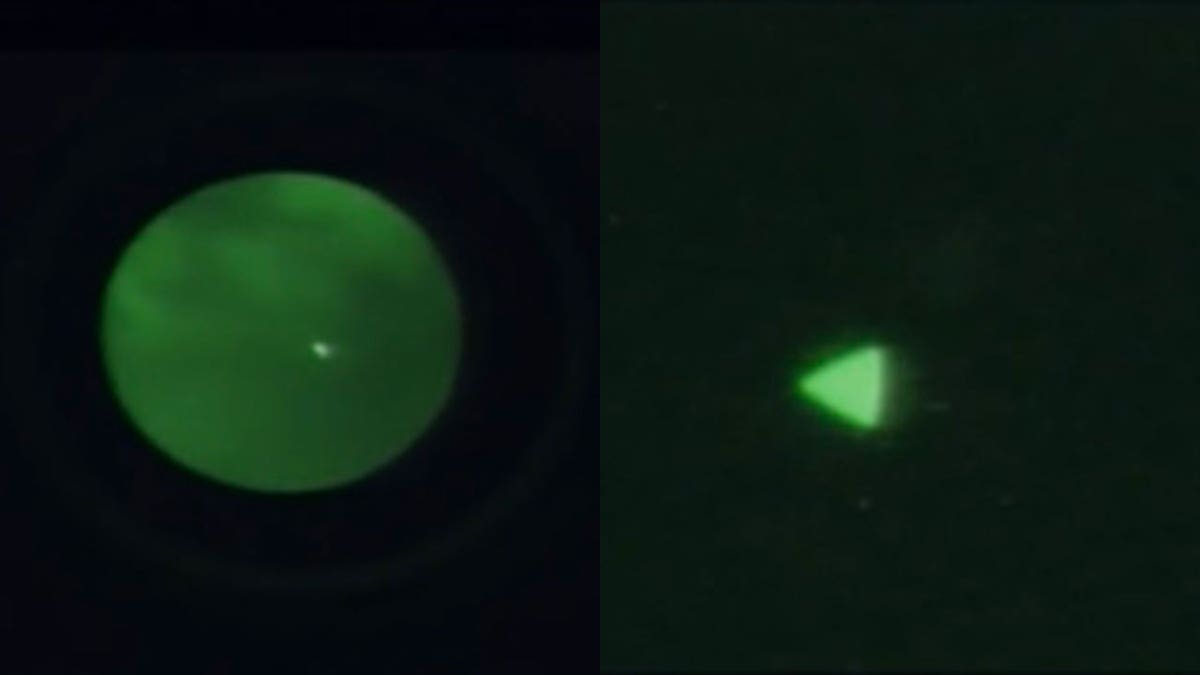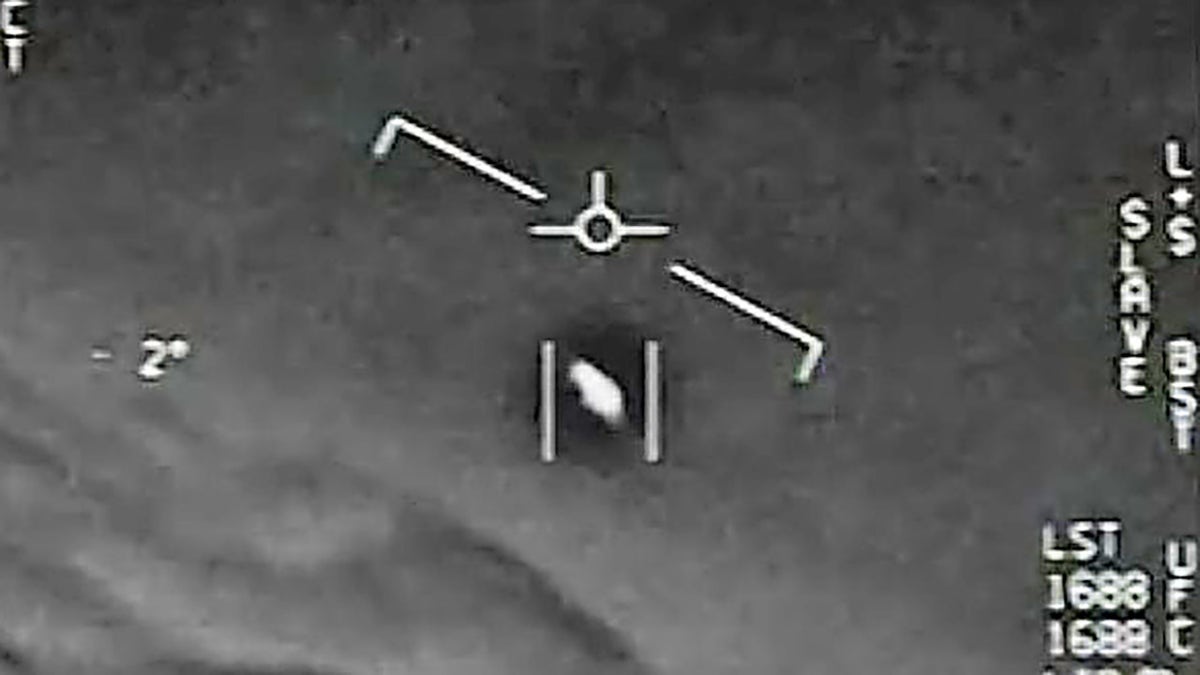Search for UFOs leads Harvard Professor Avi Loeb off the coast of Papa New Guinea
Harvard Professor Avi Loeb, who started the Galileo Project, talks about "interstellar anomalies" and the importance of sharing information between the government and scientific community.
A new survey indicates that UFOs have been reported by almost a fifth of academics.
Among the 1,460 academics who were surveyed, 19% of respondents said they or someone they knew had witnessed an unidentified aerial phenomenon (UAP) — an observation in the sky that cannot be explained.
The findings reveal that some of the "brightest minds are interested in uncovering the mysteries of our skies," with 37% saying they have a degree of interest in conducting research into UAP, as SWNS, the British news agency, reported of the survey.
MEET THE AMERICAN WHO REPORTED THE FIRST SENSATIONAL UFO ENCOUNTERS: PURITAN LEADER JOHN WINTHROP
The survey was taken by 1,460 academics from 133 U.S. universities across 14 academic disciplines in 2022.
It was sent out to just under 40,000 academics; the response rate was 4%.

A Pentagon hearing showed UFOs spotted using both human and two technical sensors, May 17, 2022. (Fox News)
The participants, who were 62% male and 80% White, were asked about their perceptions and opinions of UAPs — or UFOs — as well as their experiences with them, SNWS reported.
Of the 14 different disciplines represented, 10% of people worked in political science, physics and psychology, while 6% worked in engineering.
While 19% believed they or someone they knew had witnessed a UAP, 9% reported that they or someone they knew may have seen one.
Phenomena can baffle the cleverest people
Out of the academics, 39% said they did not know what could explain these sightings, SWNS reported.
However, 21% attributed them to natural events and 13% to devices of unknown intelligence.

John Winthrop, Puritan leader (on the left). He recorded the first known UFO encounter in America in 1639. Winthrop’s sensational account of "a great light in the night" was witnessed by a group of "sober, discreet" and "credible persons" over Muddy River in Boston — a trickle of a creek that today wraps around American sports landmark Fenway Park. (Universal History Archive/Getty Images/iStock)
While 36% said they had some interest in conducting research in the area, only 4% actually had already done some.
What held many back was the lack of research in the field, according to the survey.
Of the participants, 43% said they would be more likely to conduct research if a reputable scholar in their discipline did so first, while 55% said they would be more likely to conduct research if they could secure funding.
"The findings suggest that many U.S. academics across disciplines consider academia’s involvement in research into UAP to be important …"
Study author Dr. Marissa Yingling, of the University of Louisville in Kentucky, said, "The findings suggest that many U.S. academics across disciplines consider academia’s involvement in research into UAP to be important and may be cautiously willing to engage with research into UAP, particularly if others they consider to be reputable within their field do so," as SWNS reported.
"Open discussions of UAP among academics could enable greater academic involvement in UAP-related research," she also said.

UFO seen in clip released by Department of Defense. A Pentagon watchdog is launching a probe into the actions taken by the Department of Defense after a series of UFO sightings in recent years. (Department of Defense)
Of the participants, 37% ranked the importance of further research into UAP as very important or absolutely essential.
Similarly, 64% considered academia’s involvement in UAP-related research to be very important or absolutely essential.
CLICK HERE TO SIGN UP FOR OUR LIFESTYLE NEWSLETTER
Added Dr. Yingling, "Further surveys in larger and more diverse cohorts are needed to investigate attitudes toward UAP more generally among academics in the USA."
CLICK HERE TO GET THE FOX NEWS APP
The study was published in the journal Humanities and Social Sciences Communications, a peer-reviewed open access academic journal published by Nature Portfolio.









































